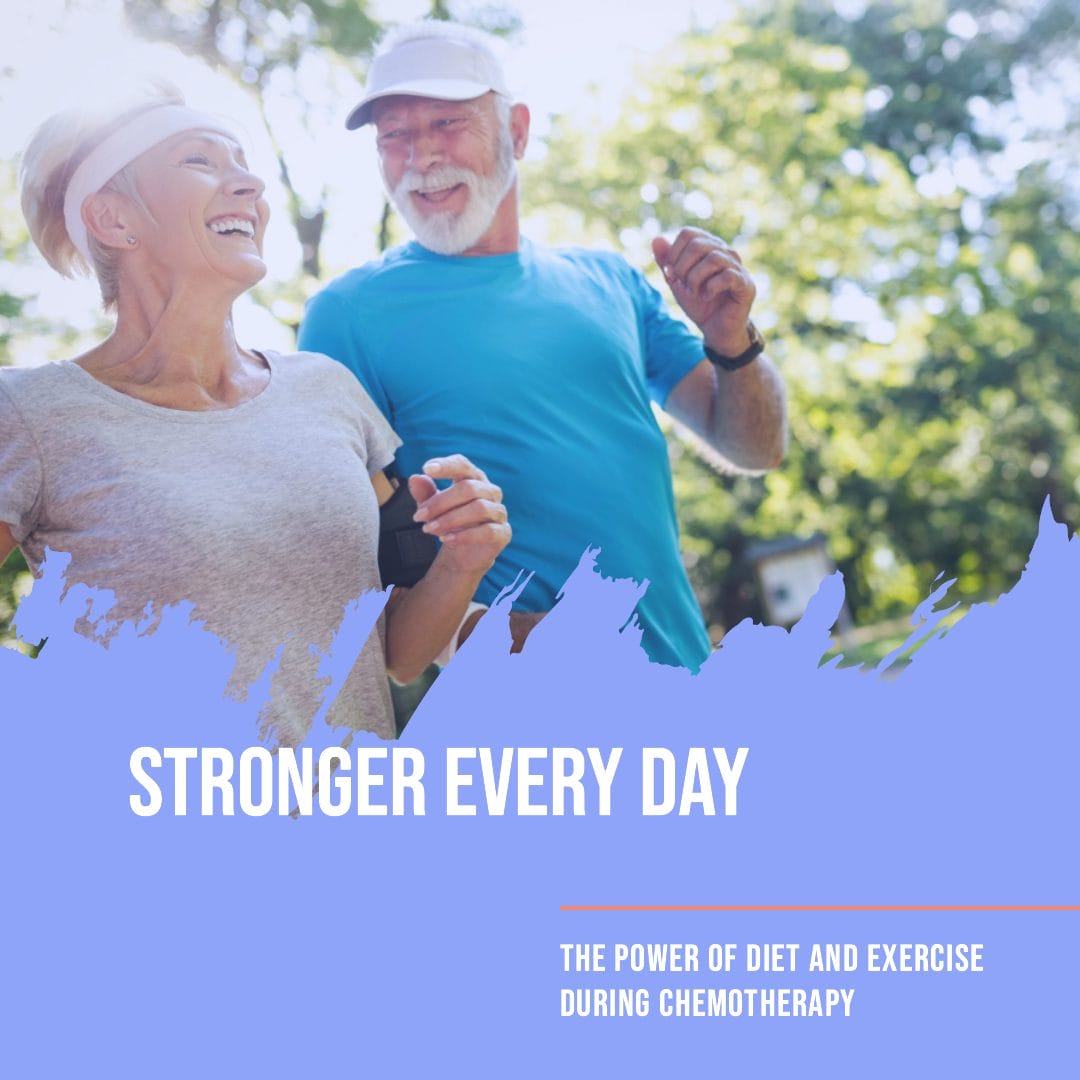In recent years, medical research has uncovered a wealth of information about the intersection of diet, exercise, and cancer treatment. One particular area of interest is how these lifestyle factors can improve chemotherapy outcomes for women battling breast cancer. In this guide, we’ll explore the groundbreaking study by Yale Cancer Center and published in the Journal of Clinical Oncology, shedding light on the vital role diet and exercise play in enhancing the effectiveness of chemotherapy.
Introduction: A New Path to Better Outcomes
In the world of cancer treatment, breakthroughs and innovations are continually evolving. The latest discovery in the realm of breast cancer treatment is the profound impact that diet and exercise can have on chemotherapy outcomes. While traditional treatments remain a cornerstone in the fight against cancer, this study suggests that a holistic approach to health can significantly improve results.
The Link Between Diet and Chemotherapy
Chemotherapy is an essential component of breast cancer treatment, but it can be harsh on the body. Many patients experience side effects such as nausea, fatigue, and a weakened immune system. However, a well-balanced diet tailored to the specific needs of a patient can help mitigate these effects.
Exercise: A Powerful Adjunct to Treatment
Physical activity, even in moderation, can provide remarkable benefits during chemotherapy. We delve into the ways in which regular exercise can boost energy levels, reduce fatigue, and enhance overall well-being.
The Study: Unraveling the Connection
Let’s take a closer look at the study published on Newswise that provides compelling evidence of the link between diet, exercise, and improved chemotherapy outcomes for women with breast cancer.
Methodology
The study involved a diverse group of breast cancer patients undergoing chemotherapy. Researchers meticulously collected data on their dietary habits and exercise routines, tracking their progress over several months.
Key Findings
The results were nothing short of astonishing. Patients who adhered to a well-structured diet and exercise regimen experienced:
- Reduced Side Effects: Fewer instances of nausea, vomiting, and fatigue.
- Enhanced Immunity: A stronger immune system to better combat cancer cells.
- Improved Mental Health: Reduced anxiety and depression often associated with cancer treatment.
Practical Tips for Patients
For women currently undergoing breast cancer treatment, incorporating these lifestyle changes may seem daunting. However, we’ve compiled some actionable tips to make the journey more manageable:
Diet Recommendations
- Balanced Diet: Focus on a variety of fruits, vegetables, lean proteins, and whole grains.
- Hydration: Stay adequately hydrated to combat chemotherapy-induced dehydration.
- Consult a Nutritionist: Seek professional guidance for a personalized dietary plan.
Exercise Guidelines
- Start Slow: Begin with light activities like walking and gradually increase intensity.
- Regular Routine: Aim for at least 150 minutes of moderate-intensity exercise per week.
- Support System: Enlist the help of a fitness trainer or join a cancer support group.
Conclusion: Embracing a Holistic Approach
In closing, the study on diet and exercise’s positive impact on chemotherapy outcomes offers new hope and optimism for women with breast cancer. While medical treatments are vital, these lifestyle changes can be powerful allies in the fight against this devastating disease.
FAQs
1. Can diet and exercise really make a difference during chemotherapy?
Absolutely. Research shows that a well-balanced diet and regular exercise can reduce side effects and improve overall well-being during chemotherapy.
2. What should I eat if I’m undergoing breast cancer treatment?
Focus on a balanced diet with plenty of fruits, vegetables, lean proteins, and whole grains. Consult a nutritionist for personalized advice.
3. How much exercise should I do during chemotherapy?
Start slow and aim for at least 150 minutes of moderate-intensity exercise per week. It’s essential to find a routine that suits your individual needs.
4. Will these lifestyle changes interfere with my chemotherapy?
No, a healthy diet and exercise complement chemotherapy. However, always consult with your healthcare team before making significant lifestyle changes.
5. Where can I find support for my breast cancer journey?
Consider joining a cancer support group or seeking guidance from a fitness trainer. They can provide valuable support and advice tailored to your situation.








